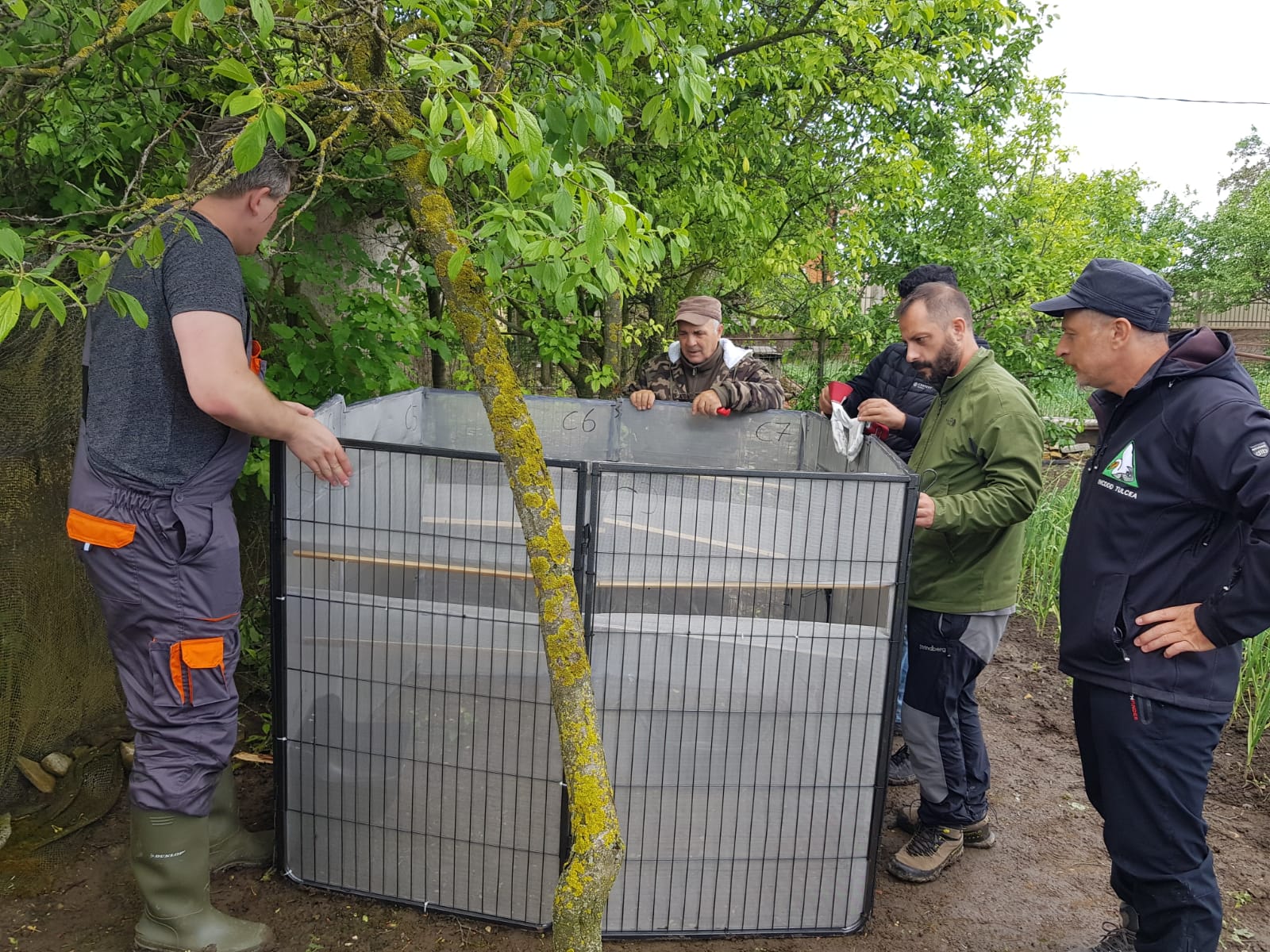Logistics for research on the role of insects in African Swine Fever transmission

African Swine Fever (ASF) is one of the most serious threats to pig farming in Europe and beyond. While direct contact and contaminated materials are known pathways of transmission, the possible role of blood-feeding insects in spreading the virus remains less understood.
In 2021, Parasitology Consultancy Group partnered with the University of Copenhagen (UCPH) in a research project designed to shed light on this critical question.
Our work focused on two main objectives:
-
Seasonal monitoring of insect populations – quantifying the abundance of mosquitoes, biting midges, and horseflies across different regions of Romania throughout the vector season.
-
Measuring insect biting rates on pigs – using innovative cage setups with piglets to determine how often and by which species domestic pigs (as a proxy for wild boar) are bitten during the season.
The data generated from these field experiments contributes to building a clearer picture of whether insect vectors play a role in ASF epidemiology. Combining abundance, biting rates, and host preferences offers valuable insights into the risk of virus transmission between wild boar, domestic pigs, and farms.
This collaboration brought together international scientific expertise, local knowledge, and field capacity, highlighting the importance of cross-border partnerships in tackling emerging animal health threats.
